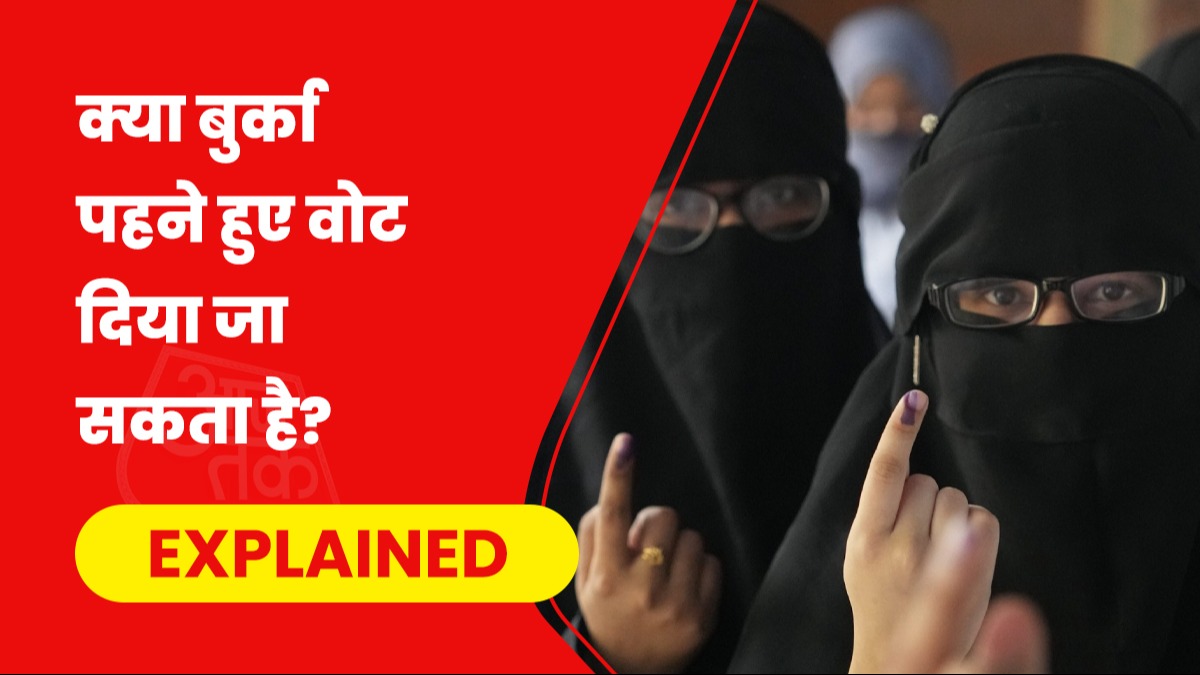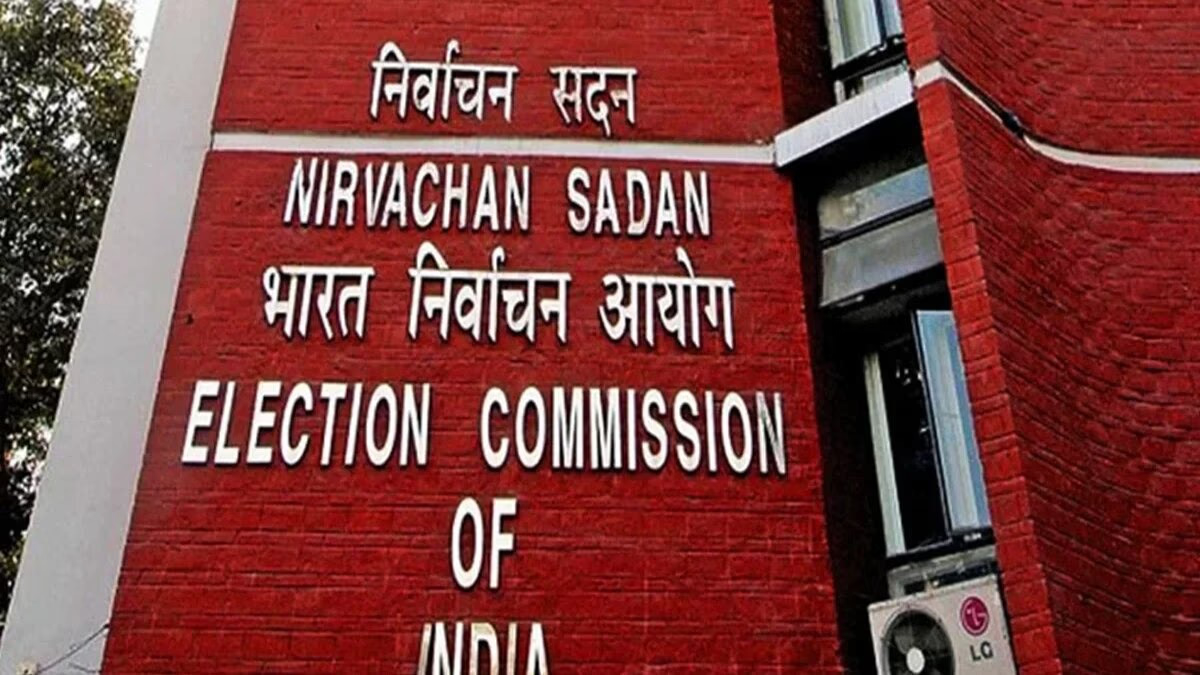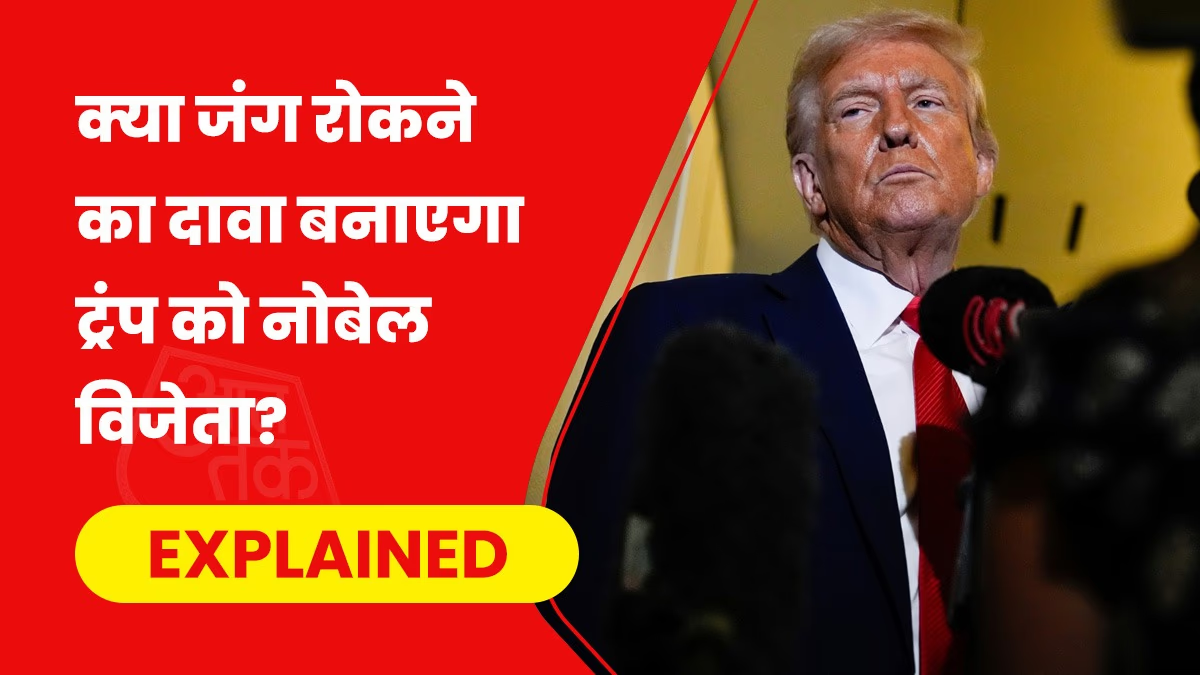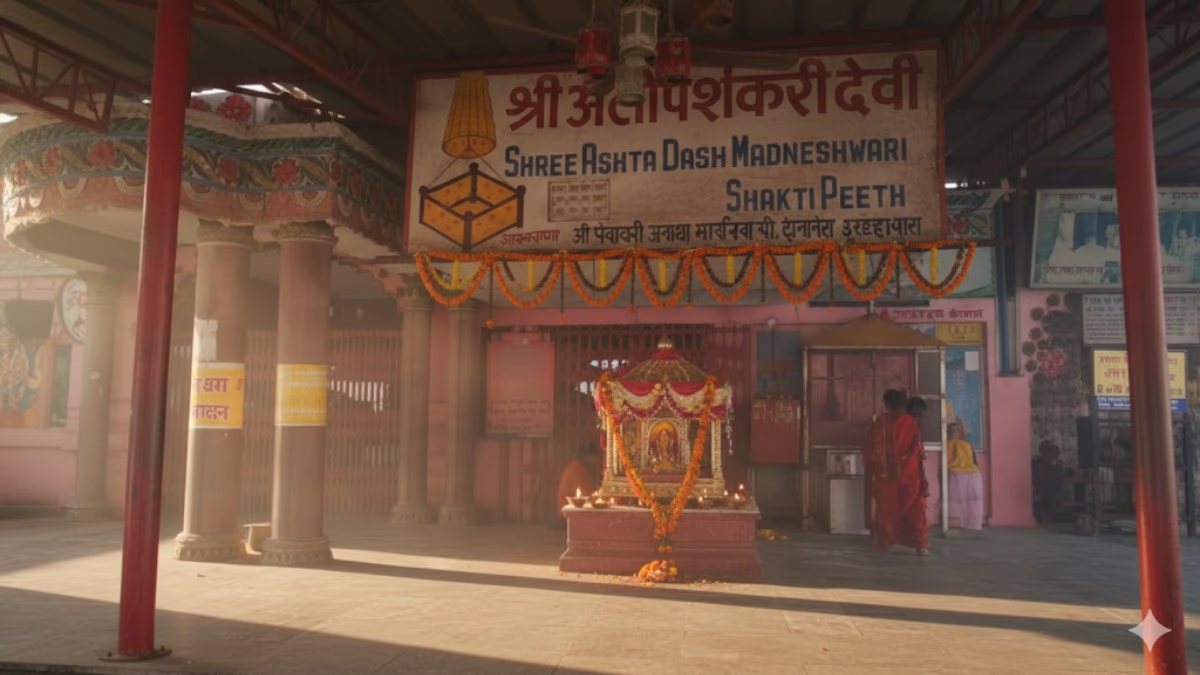In Hyderabad's constituency, BJP candidate Madhavi Latha faces allegations of inappropriate conduct with Muslim female voters. During the fourth phase of voting, a video was released showing Madhavi requesting women to remove their burqas. She was subsequently sued based on the election officer's instructions. But does face covering impact transparent voting? Discover the rules in our country and abroad.
What's the Controversy Around the BJP Candidate?
Madhavi faces charges under IPC Sections 171C for influencing the election, Section 186 for obstruction of a public servant, and also under Section 132 of the Representation of the People Act. The Hyderabad Collectorate Office shared this information on social media. Notably, during the fourth phase, a video went viral where Madhavi can be seen verifying women voter's identities against their photo IDs after asking them to lift their burqas.
Defending her actions, the BJP candidate stated that the law entitles her to check the ID cards of voters in her area and to see them without a face mask. 'I am a woman, not a man, and I spoke with politeness,' she explained.
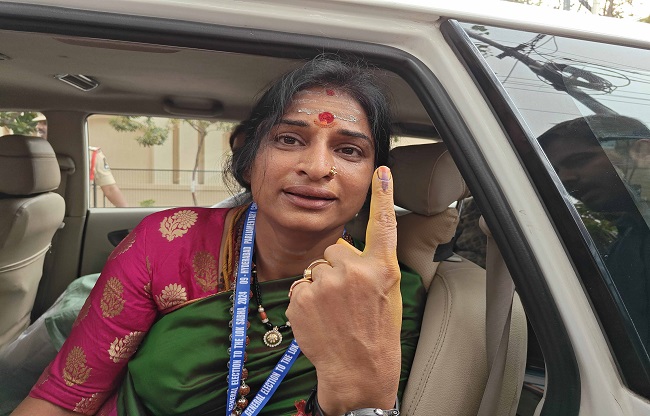
Source: aajtak
Can Voters Keep Their Faces Covered?
The issue of face coverage has been debated for some time, although it's common for women of certain religions to cover their faces. Before the first parliamentary elections in the 1950s, the Election Commission made great efforts to get women to participate. However, many women refused to register as voters under their own names, preferring to be identified by their male relatives, for example, as someone's mother, sister, or wife.
This resulted in the fact that of the total electorate, 28 million voters did not register under their names but rather remained as relatives of someone. This information was shared by the first Chief Election Commissioner Sukumar Sen.
The Right to Face Verification
The EC's duty is to conduct free and impartial elections. This includes ensuring that no fraudulent votes are cast. If necessary, the polling officer has the right to verify the voter's identity by comparing the photo on the voter card with the voter's face.
What Happens When Many Voters Wear Face Coverings?
To protect the privacy of burqa-clad or veiled female voters and ensure fair elections, the EC has issued instructions to the relevant officers. According to these guidelines, at polling stations with a significant number of veiled (burqa-wearing) female voters, arrangements should be made to verify their identities.
The guidelines suggest appointing a female polling officer in a separate room to maintain privacy and decorum. The presiding officer's handbook states that a locally available yet inexpensive option should be arranged for separate rooms or spaces. The rule also requires that there be at least one female polling officer wherever veiled female voters are present.
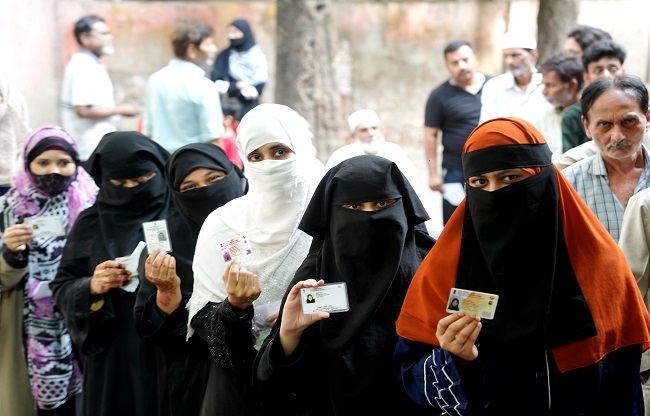
Source: aajtak
Rules on Face Covering in Other Countries
- In other countries, voters must remove any face coverings or masks, even if only for a short while. - The UK Electoral Commission's official website outlines the entire process. - Female voters who wish to do so may request to verify their ID and face privately. - Such requests are usually granted by the returning officer. - After the ID check, female voters are allowed to complete the rest of the voting process wearing a burqa or niqab. - According to the website, mirrors are available at polling stations to ensure that women voters can properly cover their faces.
Controversies Regarding Burqas in These Countries
Voter face verification is one aspect, but there are countries where face covering is banned altogether. Women are not allowed to wear burqas or niqabs in public places. This rule was made considering safety. France was the first country to impose such a ban about 12 years ago. Violating the ban results in a fine.
Since then, more countries followed suit. Belgium, the Netherlands, Austria have restrictions on face-covering. Italy has such rules in some cities. In Germany, women are not allowed to cover their faces while driving. Norway bans burqas, hijabs, or niqabs in schools or colleges. Following incidents of suicide bombings by burqa-clad women in Muslim-majority African nations in 2015, many countries on the continent have banned face coverings.
